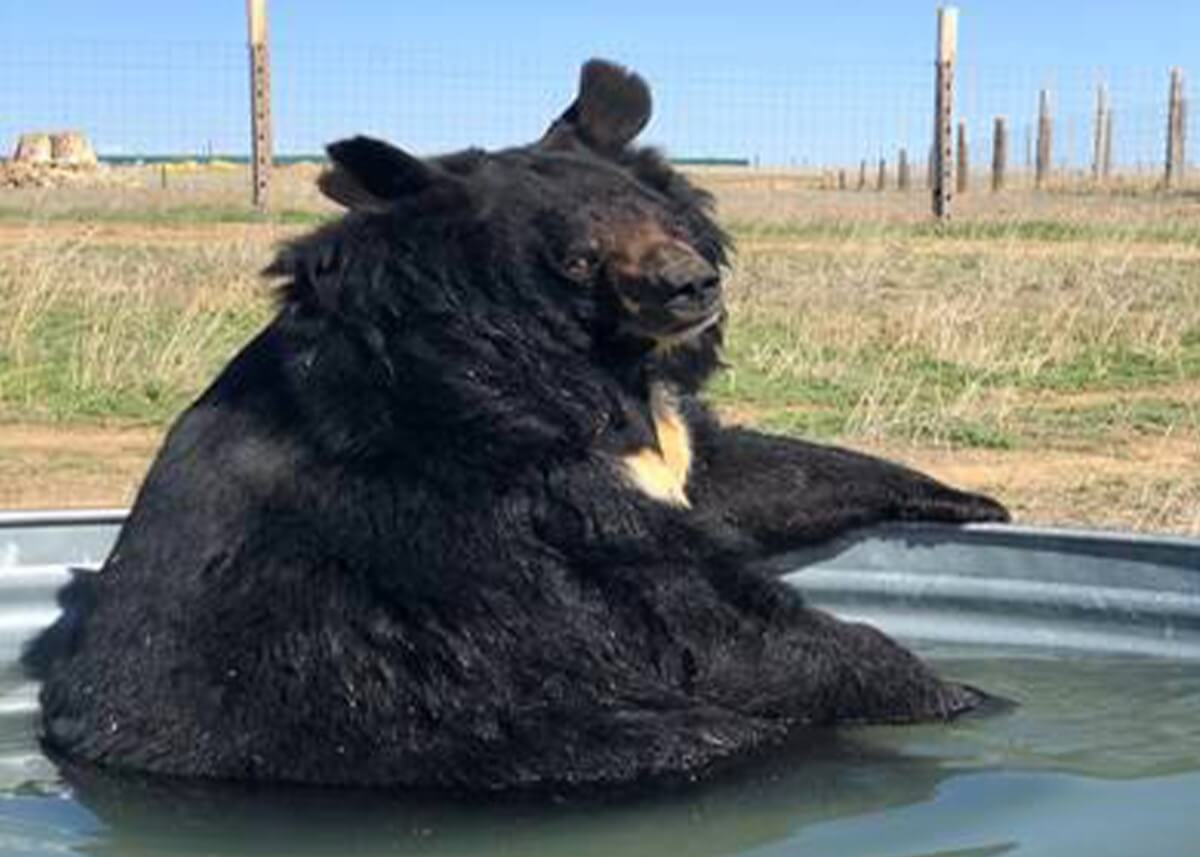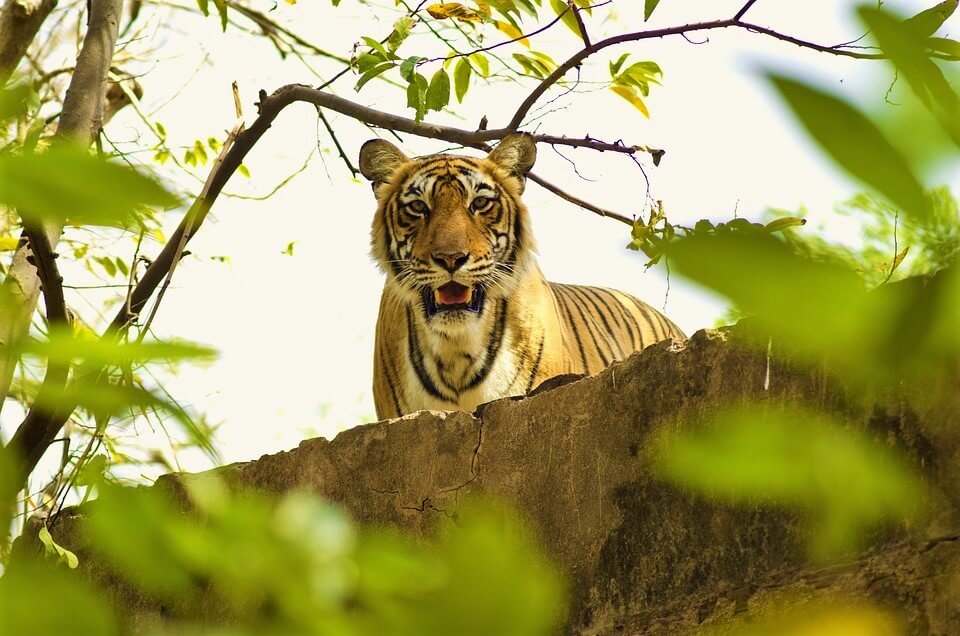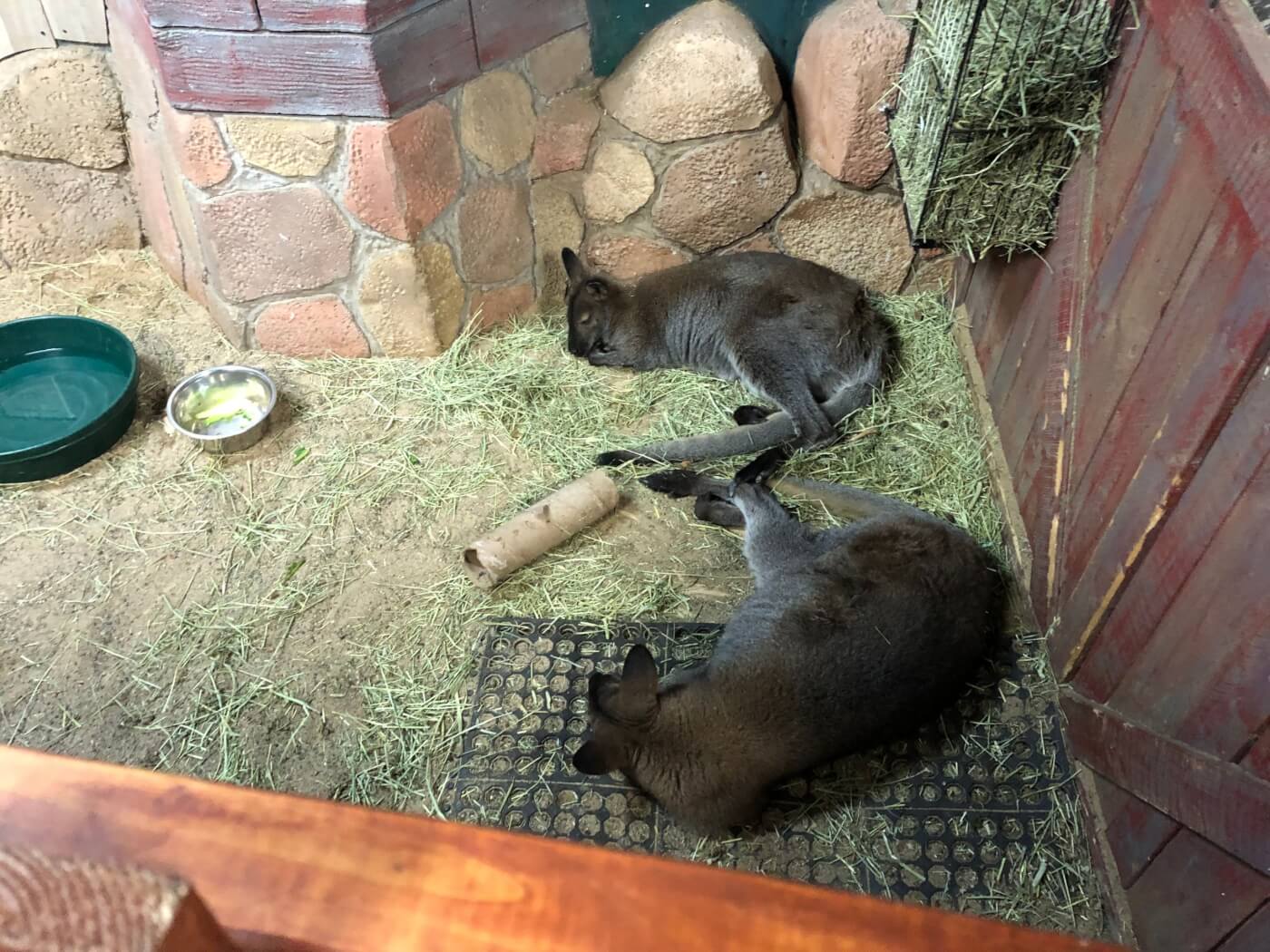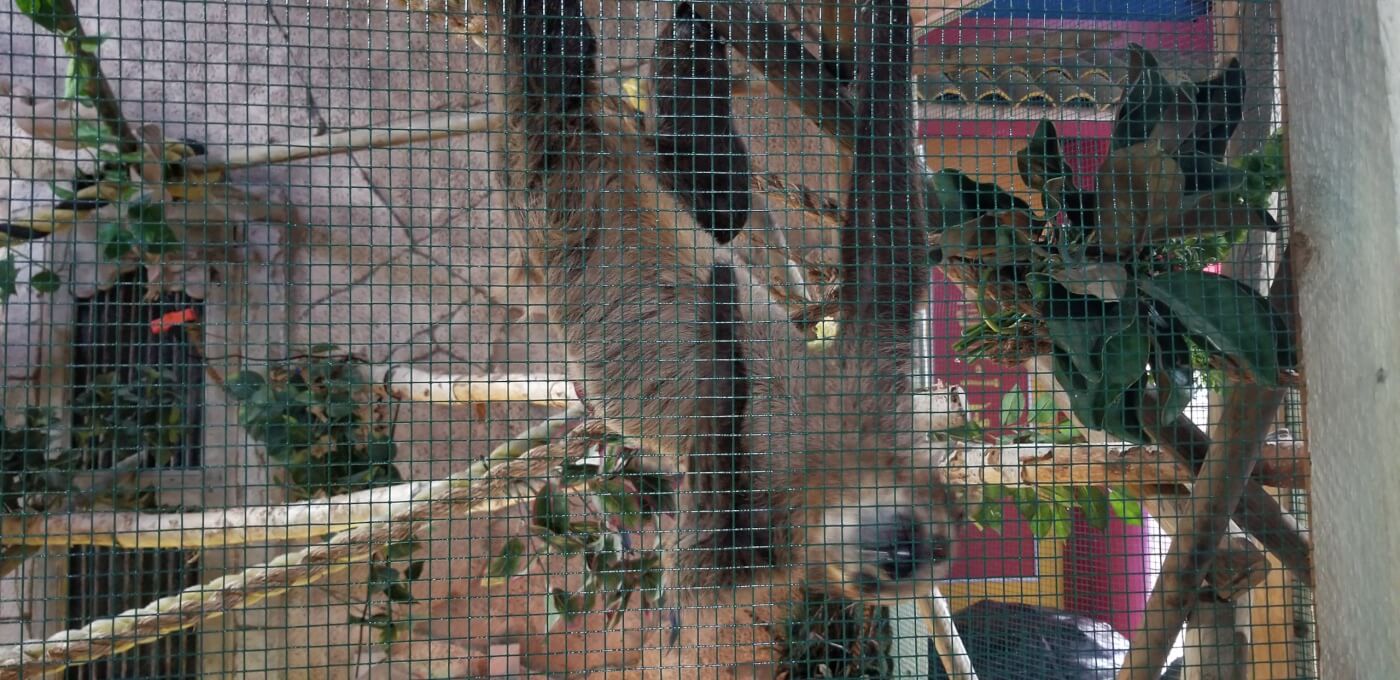Red Flags at Roadside Zoos: Nocturnal and Crepuscular Animals
If you’ve ever endured a sleepless night or pulled an all-nighter to study, you know how miserable it feels to be sleep-deprived. Roadside zoos and other tourist traps inflict this torment on some animals all the time.
Nocturnal animals, who are most active at night, and crepuscular animals, who are typically active at dawn and dusk, suffer tremendously at facilities that exploit them for entertainment. During the day, when they should be resting, facilities keep them awake—often with artificial lighting—with no opportunity to evade gawking tourists, and many exhibitors force them into unnatural, stressful interactions with the public.
A Waking Nightmare: These Sleep-Deprived Animals Suffer at Roadside Zoos
In their natural homes, kinkajous (known as “night walkers” in many cultures) spend the night swinging in trees, socializing, and searching for food. Sloths live up to their lethargic reputation, often sleeping for up to 15 hours a day in nature. They have extremely slow metabolisms, so they need to get lots of sleep and conserve as much energy as possible when they’re awake. Otters need up to 11 hours of daily sleep to feel well rested, and capybaras, kangaroos, and wallabies typically take frequent naps throughout the day.
Facilities like SeaQuest use these animals for daytime encounters with the public, disrupting their normal sleep patterns and often causing them to become anxious, agitated, and defensive. Not surprisingly, guests have been bitten by sloths, kinkajous, and capybaras during interactions at SeaQuest facilities, which could be a sign that these animals are suffering from the effects of sleep deprivation.
In nature, big cats typically sleep up to 20 hours a day, recharging for the hunt. At roadside zoos, where they have nowhere to escape from the incessant commotion of ogling visitors, they often pace in their enclosures out of frustration. Wolves, known for their nighttime howls, cover vast distances with their packs at dawn and dusk, but they can’t do this at roadside zoos, and Myrtle Beach Safari, among others, uses them as props for cruel photo ops.
Many bears hibernate for up to eight months in their natural habitats. Even in warmer climates, where the ground isn’t covered in snow all winter, they slow down and take long, restful naps and only occasionally get up to forage. Roadside zoos not only keep these animals on display all year round, disregarding their innate need to reduce their activity in the winter, but also deprive them of enough space to exercise and adequate enrichment. Bears at roadside zoos often suffer from a plethora of health issues, including morbid obesity and painful arthritis.

Here’s What You Can Do
It’s not just nocturnal and crepuscular animals who suffer at roadside zoos and mall aquariums. All animals imprisoned at these facilities are denied their freedom, the space to roam and explore, the opportunity to socialize meaningfully with other members of their species, and everything else that’s natural and important to them. The best thing that you can do is to stay away from any facility that profits off animals in any way.




